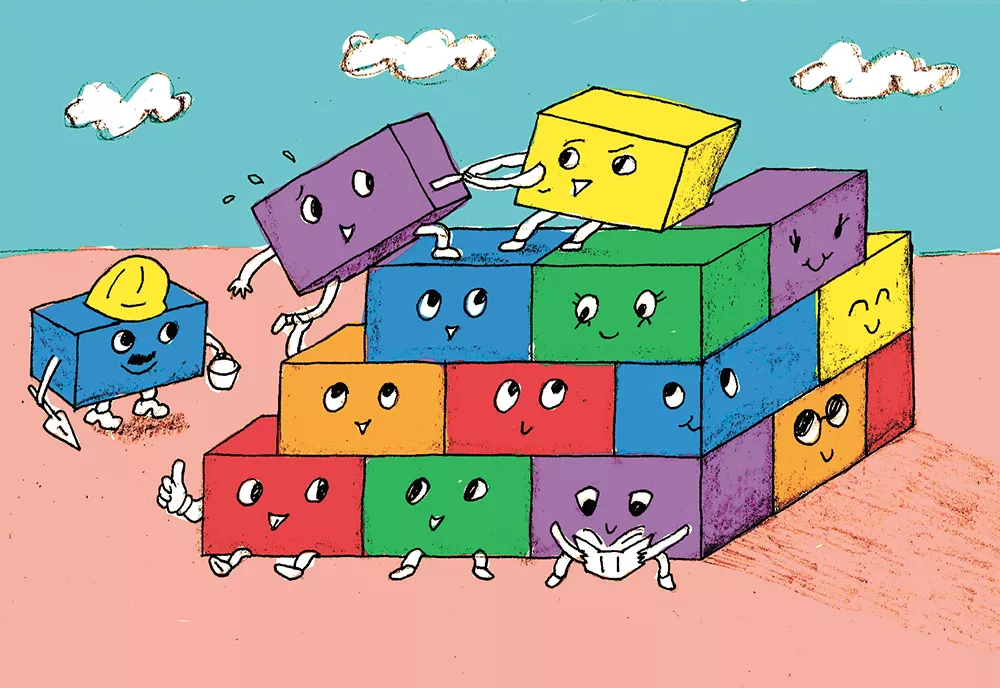Before the Black Lives Matter movement took hold, marginalized students at Eastern Washington University had to contend with efforts to bring back the university's retired "Savages" mascot and a student denying the existence of racism in the school newspaper in response to the protests in Ferguson, Missouri.
Anonymous threats on Yik Yak forums aimed at students of color and the general lack of awareness of the experiences of minorities on campus have highlighted the need for more multicultural education. Conversations about how to dismantle the grip of racism have grown amidst ongoing local, state and national events, and Eastern students have joined forces in a powerful new coalition to demand improvements in campus life that the administration would do well to follow.
Eastern prides itself on being "one of the most diverse college campuses in the Pacific Northwest," with one in three students coming from a minority background and 44 percent being first-generation college students.While this record of enrollment is impressive, underserved students are raising questions about the university's ability to serve their needs once classes are in session. The recent elimination of programs such as TRiO Student Support Services (which assisted hundreds of low-income first-generation students every year in overcoming academic and economic barriers to graduation) is especially concerning, when no replacement services have been developed. With the legislature's revenue crisis increasing out-of-pocket expenses for state schools, the worst situation a student could be in is to have tens of thousands of dollars of debt without a degree, due to extenuating personal or family circumstances.
Eastern should listen to its customers. Seven student organizations — the Black Student Union, Movimiento Estudiantil Chicano de Aztlán, the Native American Student Association, the Saudi Club, Muxeres Nopaleras, the Filipino-American Student Association and Planned Parenthood Open Action — came together to endorse demands that include adequate multicultural student facilities and staffing in the upcoming remodel of the Pence Union Building.
Greater collaboration and activities among student organizations will result in more capacity for all students to learn about and celebrate the unique experiences and cultures of others. A Multicultural Coalition of Eastern Washington University Facebook page and Twitter account detailing the vision for this center have been launched, and the signatures of 789 students and faculty have been collected so far in support. These students should be applauded as forward-looking, as most will graduate before the center would be completed.
While campus officials claim to be open to the students' proposals, their commitment to students' well-being ultimately will be represented by their actions. We need Eastern to provide a supportive environment to welcome students from underserved backgrounds to our region by joining the many other universities that already provide staffed multicultural centers. Young people's university experiences shape their perception of the broader community in which they live, and we can't afford to lose out on the next generation of talent because of a failure to create a world-class, culturally vibrant campus community. No door at Eastern should be closed to anyone, and that of a multicultural center would be open to benefit all. ♦
Mariah McKay is a fourth-generation daughter of Spokane and a community organizer campaigning for racial, social and economic justice. She currently serves as a public health advocate.

















